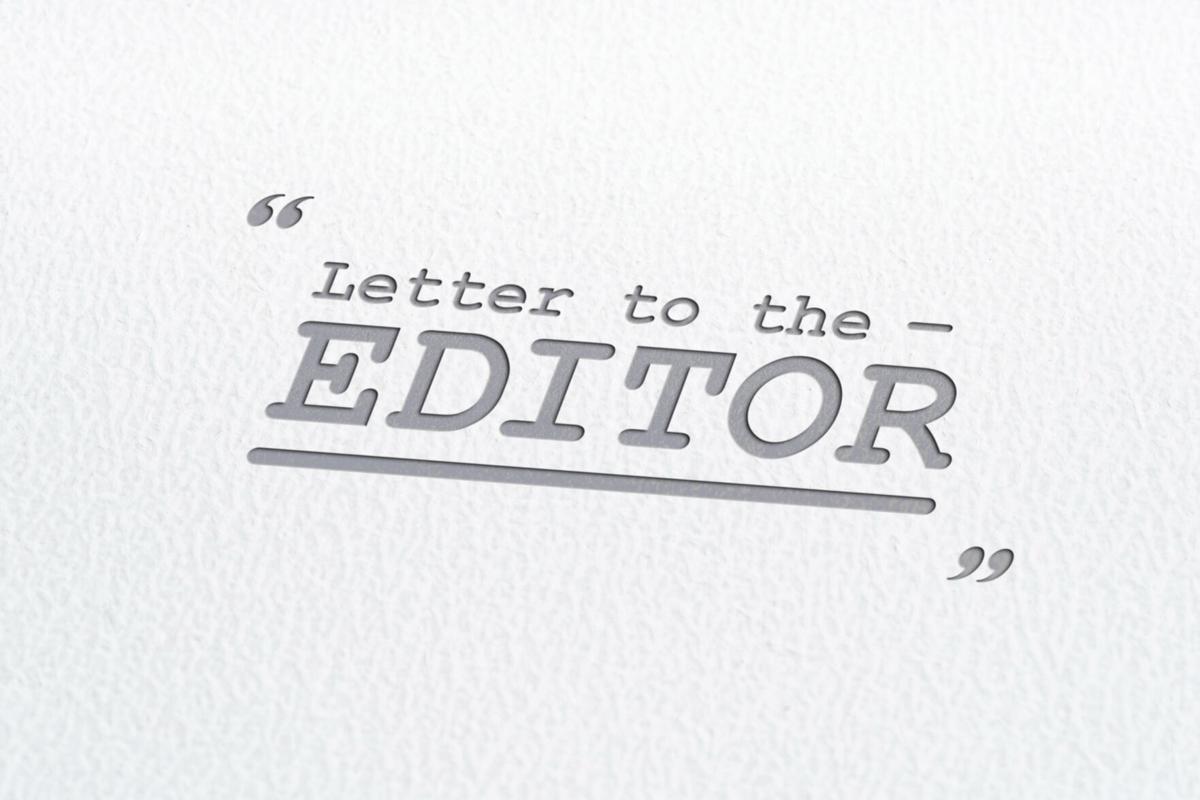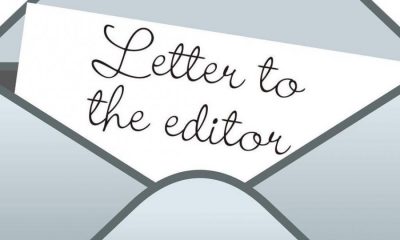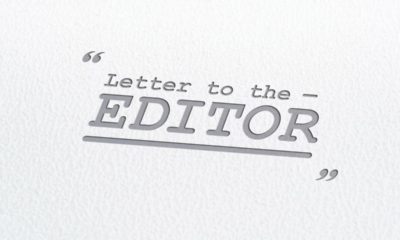
Letters/Discussion Forums

Much ado about Maus
At King David Victory Park High School, we study Maus in Grade 9. It was with great interest that I read the recent article regarding the banning of Maus by a school board in Tennessee. As I’m teaching transactional writing to Grade 10s, I gave them the task of writing a letter to the editor about whether, after studying the novel, they believed it should be banned. Here are three of the top letters, with differing opinions. – Ronel Klatzkin, English teacher
Maus tells it like it is
On January 10, members of the McMinn County School Board of Tennessee voted to ban Maus from the school’s syllabus. Their decision was based on its violent depictions, nudity and profanity. Yes, the book does contain extreme scenes, a few swear words and nudity, but that’s not a valid excuse to stop educating the youth about Maus. The intense depictions are important to avoid “sugar coating” this topic and approaching it in a true and real sense.
The beauty of Maus lies in its honesty. In book II, Art Spieglman includes a conversation with his father in which Vladek, his father, uses a derogatory, outdated term. Spieglman didn’t have to add in this conversation, which shows his father in a negative light, but he did. The swearing and brief nudity are factors of this honesty and add authenticity.
It’s infuriating that the board acted as if Maus was the only source of profanity and violence in children’s lives. The internet has explicit content and many schoolbooks in the US contain racial slurs. How can it ban this book, which uses intense language and imagery to educate people about the reality of the Holocaust and survivors’ personal stories?
The board should re-evaluate its decision and consider the overwhelming number of positives that children can gain from Maus.
Dina Scop
Too young to appreciate Maus
Maus is a good example of how we learn about the Holocaust when we’re far too young.
Though the book was undeniably brilliant, it stayed with me after completing it – and not in the way it should have. I wouldn’t call myself naïve, I’ve had many encounters with swearing, sexual connotations and suicide, and they never really had an effect on me, but when such themes were depicted in Maus, they refused to leave my mind.
The language and sexual innuendo of Maus never really bothered me; what did was the raw and unfiltered depiction of death. It was something I wish I could’ve experienced at an older age.
I distinctly remember the day we read the chapter on the suicide of Anya (the author’s mother) . The gruelling image of her body strewn across the floor occupied my thoughts for weeks. As I said, I was exposed to the subject of suicide prior to reading Maus, but the manner in which it was shown, the way it was drawn, I wish I hadn’t had to experience at the age of 14/15. I think my peers would agree.
Over time, while reading the novel, I noticed that many of my classmates started to become ambivalent about the events in the story, although if they were trying to masquerade their true feelings with indifference or were actually bored, we’ll never know. I think it was the former and we should’ve digested such harrowing material at an age in which we would have acknowledged the story more than merely fixating on death and becoming desensitised as a result.
Maus shouldn’t be banned, rather it should be postponed for children of a more mature age.
Zara Abramsohn
Censorship all about mind control
The Tennessee school board decided to ban Maus because it contained profanity, nudity and “the killing of children”, but can’t it see that this is real? We shouldn’t shelter schoolchildren and feed them a false narrative of global harmony and inclusiveness. The Holocaust is a perfect example that this was – and still is – certainly not the case.
As someone who has studied Maus in detail throughout my Grade 9 year, I can tell you that it isn’t about the profanity and nudity that the school board has singled it out for; rather it’s because it explains the complex relationship between a father and his son and explores the horrors of what the author’s father, Vladek Spiegelman, experienced in the Holocaust. Ignoring the real message of a book and replacing it with something so minuscule won’t work. We can clearly see through the smoke and mirrors. They want to ban the book because it educates us about reality not a fabled world in which some might wish to live.
So, the next time we hear about censorship of a piece of valuable historic Jewish information, remember that minuscule details aren’t always the real reason. It could just be some suited board members trying to create a false narrative for the youth which they educate – and, to an extent, control.
Daniel Kapelushnik










